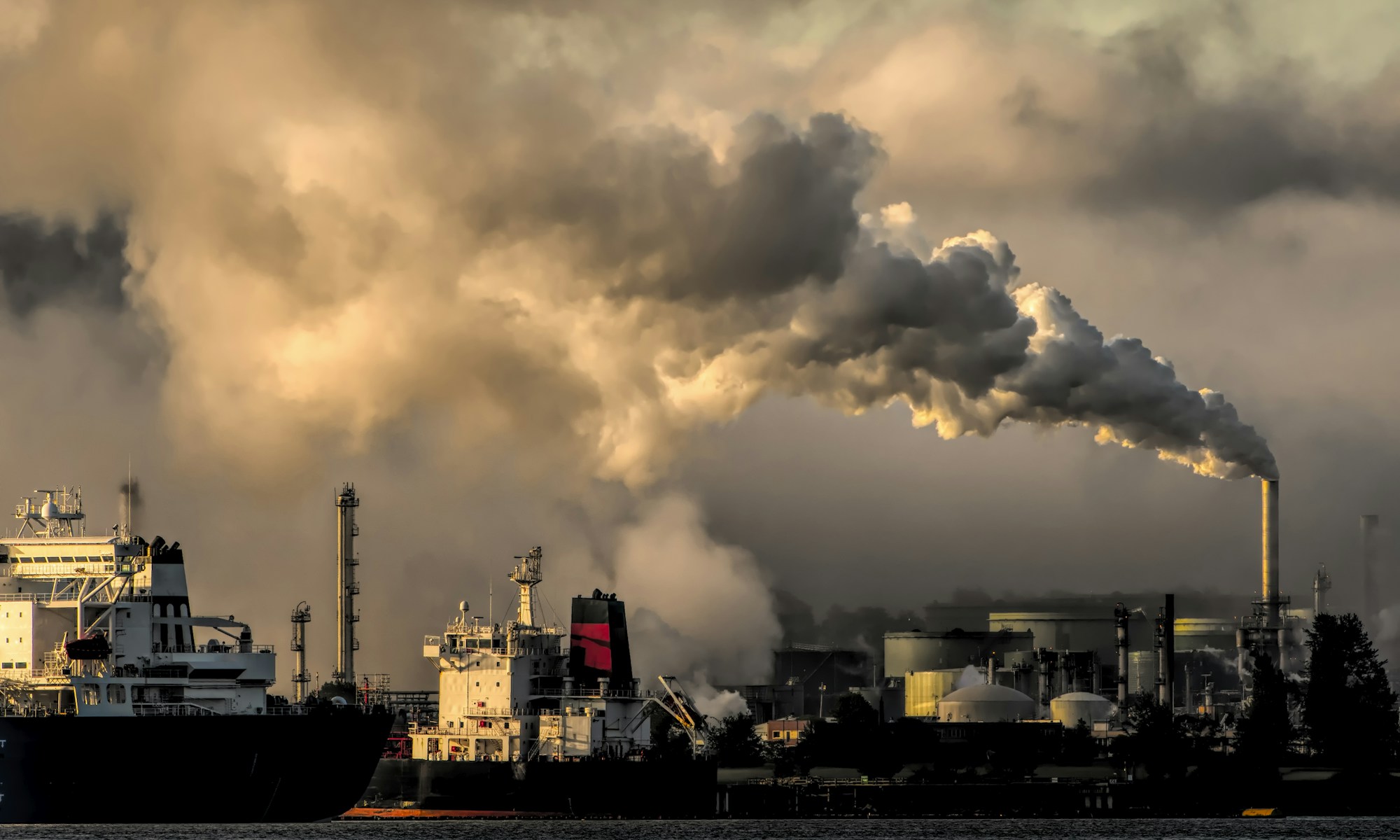30 June 2021 – Ella Kiyomi Dobson
In April 2022, the United Nations Human Rights Council appointed the Special Rapporteur on Human Rights and Climate Change. This position, filled by Dr. Ian Fry, is the first of its kind, looking more closely at the intersections of human rights and climate change. Dr. Fry presented his first report at the 50th Session of the UN Human Rights Council on the “promotion and protection of human rights in the context of climate change”. This report outlines initial ideas and visions for Dr. Fry’s mandate.
The thematic priorities in the preliminary report outline the areas of focus for the Special Rapporteur. The overarching priorities stated in the report are as follows:
- The promotion and protection of human rights in the context of mitigation, adaption, and financial actions to address climate change with a particular emphasis on loss and damages
- Addressing the human rights implications of climate change displacement including legal protection of people displaced across international borders
- Exploring approaches to enhance climate change legislation, supporting climate change mitigation, and advancing the principle of intergenerational justice
- Corporate accountability in the context of human rights and climate change
- The protection of human rights through just transitions for workers in industries that contribute to climate change
- Exploring the human rights impacts of new technologies associated with climate change mitigation.
As time progresses, these priorities will shift to better reflect the rapidly changing circumstances that the global community faces with respect to climate change.
This report is a significant step as civil society, Indigenous Peoples, and frontline communities have called for the creation of this particular mandate for over a decade. Furthermore, the Intergovernmental Panel on Climate Change (IPCC) and the UN Human Rights Council have insisted on a global rights-based approach to mitigate harms caused by climate change since 2019. Earlier this year, Working Group II’s contribution to the IPCC Sixth Assessment Report was released which showed that 3.3 to 3.6 billion people live in contexts that are highly vulnerable to climate change. These vulnerabilities are driven by many intersecting socio-economic factors such as inequity, marginalisation, the historical and ongoing violence of colonialism, and governance. The Special Rapporteur’s report has the ability to create much-needed attention and action to alleviate climate change-induced human rights implications, and to lay the groundwork for creating legal protections for affected peoples.



